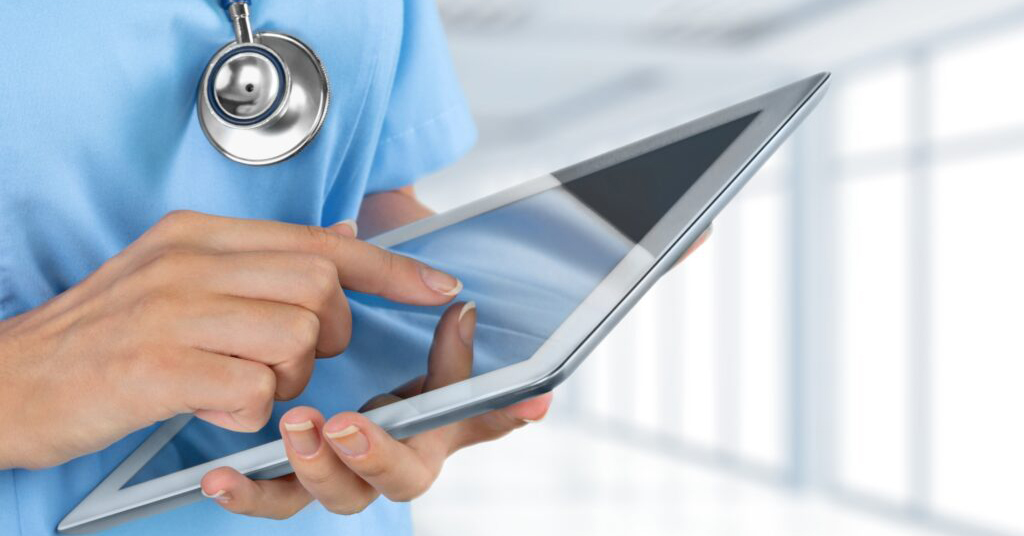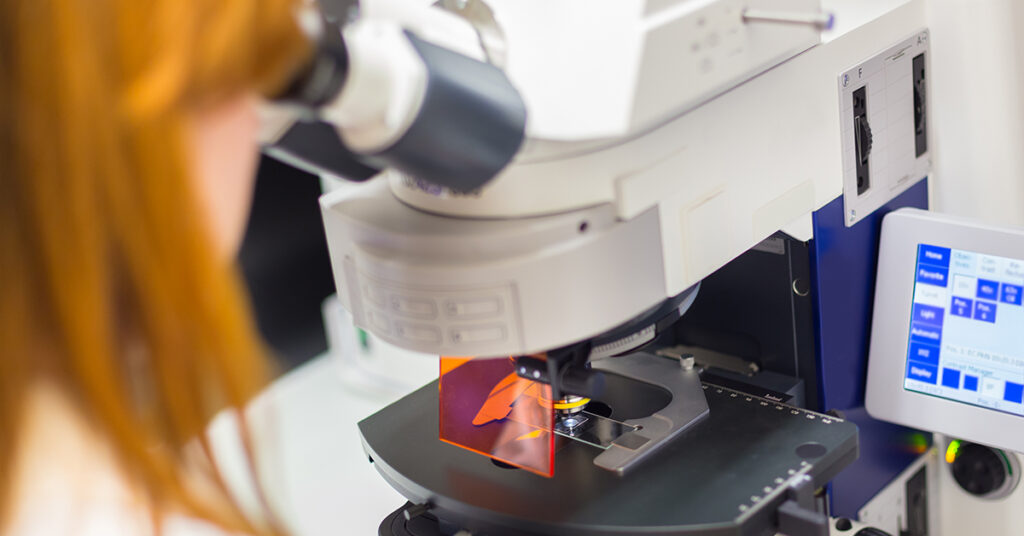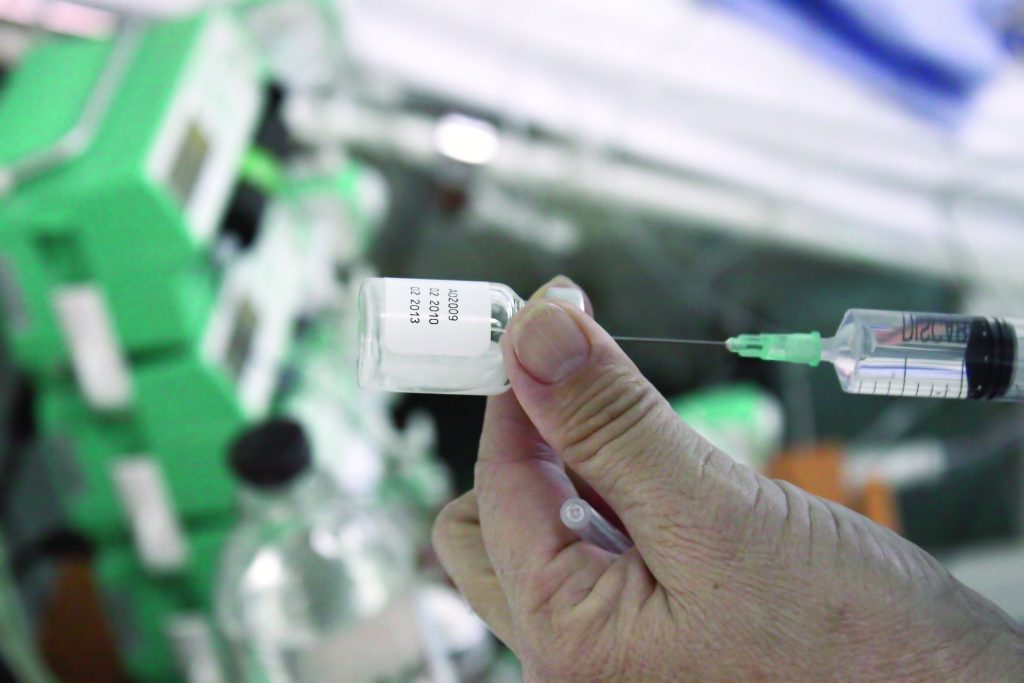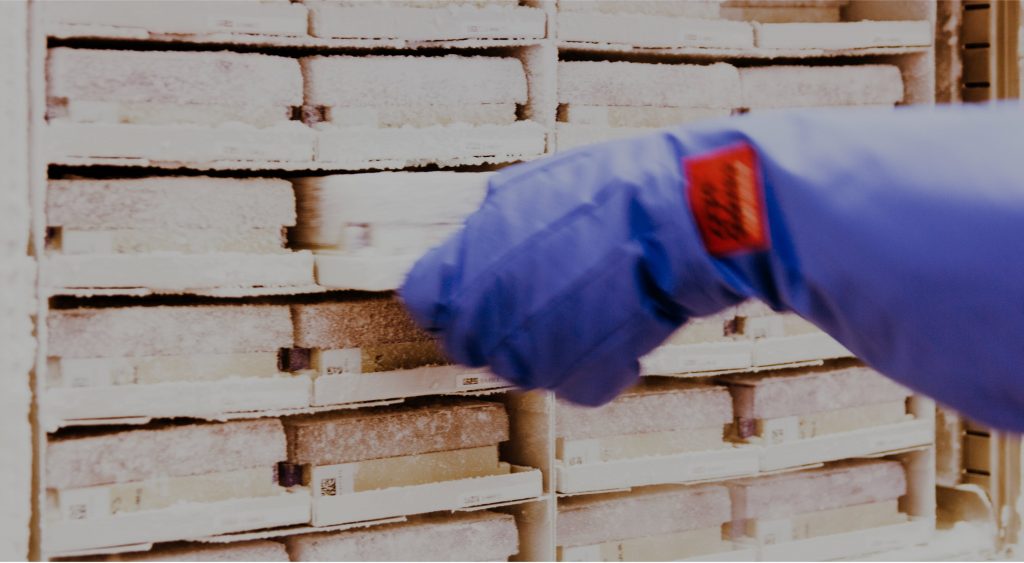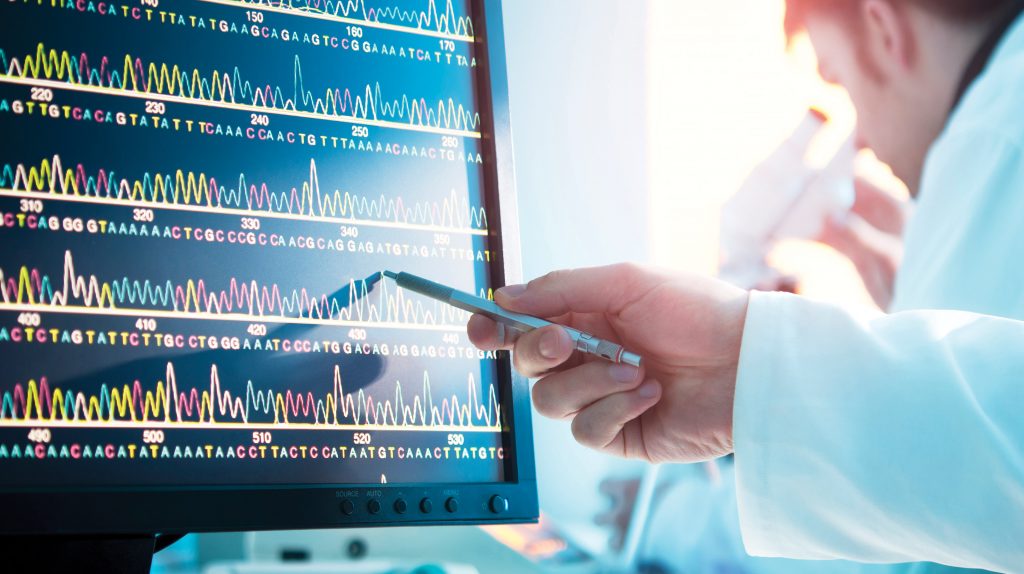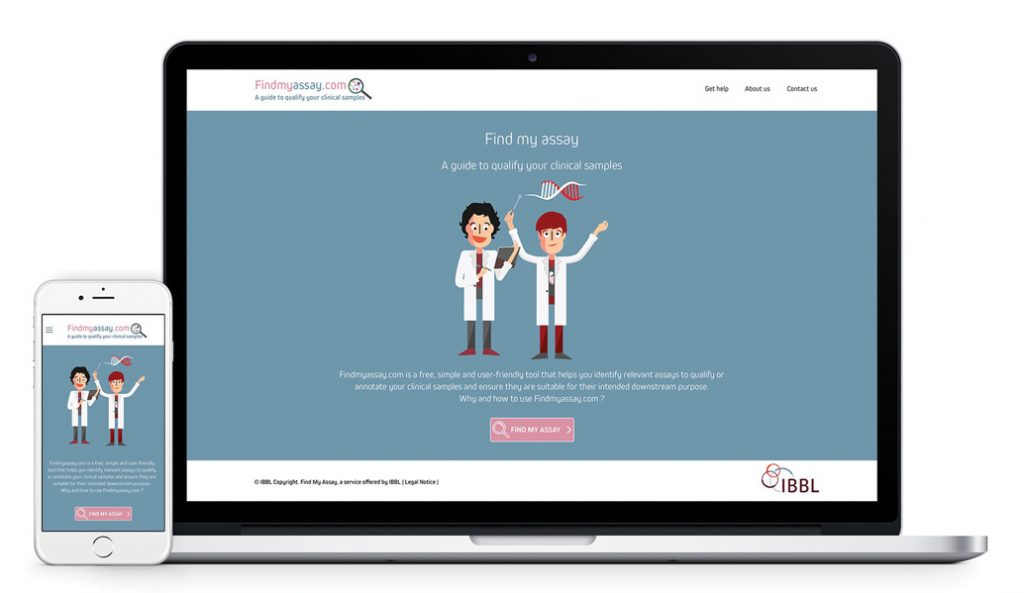- Forschungsspektrum
- Translationale Forschung
- Transversale Translationale Medizin (TTM)
- Operationszentrum für Translationale Medizin (TMOH)
- Büro für Klinisches Projektmanagement (CPMO)
- Zentrum für Klinische und Epidemiologische Untersuchungen (CIEC)
- Luxemburger Zentrum für Klinische und Translationale Forschung (LCTR)
- Kompetenzzentrum für Methodik und Statistik
- Integrierte Biobank von Luxemburg (IBBL)
- Plattform für Krankheitsmodellierung und Screening (DMSP)
- Luxgen Genom Zentrum
- Plattform für Forschungspathologie (RPP)
- Forschungsprojekte und klinische Studien
- Unterstützen Sie uns
- Translationale Forschung
News
CON-VINCE Study – Behind the scenes (PART I)
Bitte beachten Sie, dass dieser Artikel derzeit nur auf Englisch verfügbar ist. Eine Übersetzung ins Deutsche wird in Kürze verfügbar sein.
27 Mai 2020
4minuten
CON-VINCE as a role model for translational research collaboration in Luxembourg: IBBL as key integrator.

On April 8th, the CON-VINCE study was officially launched, with the aim to assess the spread dynamics of the COVID-19 disease among the Luxembourgish population.
Only 2 days later, all necessary material for starting up was already available (many thanks to LIH Buildings & Equipments team), coordination between the numerous partners around a single workflow was optimal, and all security conditions (many thanks to LIH Compliance Office team) were met to start the study. A real feat!
Within just 10 days, 1862 people were recruited, biosampled and tested!
Throwback to a logistical, technical and human challenge, which was met thanks to the incredible collaboration of all the IBBL, LIH, LCSB, CHL staff and partner laboratories from BioNext, Ketterthill and Laboratoires Réunis.
Step 1: production of collection kits. From left to right: Claire, Ana Lopes, Laura Georges, Margaux Henry, Maeva Munsch, Florian Simon, Maeva M. Manuel C. François Massart (LCSB), Olivia Domingues, Florian Simon, Charlene Verschueren, Ana Lopes, Margaux Schmitt, Bruno Santos
Such an ant work was carried out by the IBBL Biorepository team and various volunteers. IBBL acted as a leader in the biosampling task force together with other stakeholders. Recruitment, as well as the coordination of collection partners, was a key point. A huge thanks to IBBL Biorepository and Biorefinery teams who gave their all without counting the hours, so that everything could work smoothly!
As a result, in only 10 days, 3,370 kits for the collection of blood and pharyngeal samples and 1,650 kits for the collection of stool samples were distributed to the country’s partner laboratories at an unprecedented cadence.
Step 2: Collection & transport of the first samples. From left to right: Maeva Munsch, Florian Simon, Laure Pauly, Valérie Schröder, Katy Beaumont, Maeva M. and Florian S.
Blood and naso-pharyngeal samples from study participants collected at the 3 partner laboratories (Ketterthill, BioneXt and Laboratoires Réunis) and including home visits, were and transported (twice a day, sometimes more) to IBBL Biorepository by Biologistics (important role in the quick start of this study).
They were then dispatched as follows:
- naso-pharyngeal swabs to the LNS for SARS-CoV2 virus detection by amplifying ribonucleic acid (RNA) before returning to IBBL to be stored
- blood samples to Biorefinery team for “processing”
- transfer of forms for data encoding (cf step 5 photo bottom left)
Step 3: Sample processing. From left to right: Olivia Domingues., Mareike Neumann, Monica Marchese, Camille Bellora, Kate Sokolowska, Olivia Domingues, Charlene Verschueren, Achilleas Pexeras, Margaux Schmitt, Lucie Remark, Francois Massart, Borja GOMEZ RAMOS, Olivia Domingues, Margaux Schmitt
The “Processing” (manual and automated) consists in preparing different biological fractions for storage (serum or plasma for example). Training in the management of serum and plasma, naso-pharyngeal swabs, extracted RNA and stool aliquoting was necessary for volunteers and was organized in record time. The treated samples could then be redistributed to the LNS and LIH for analysis.
Daily processing of samples from 39 to 349 patients per day which, at the end of the first wave, allowed the storage of more than 37,000 aliquots, a large part of which was already used for research purposes within CON-VINCE and beyond.
Step 4: Data entry. From left to right: Linda Hansen, Maxime Hansen, Laure Pauly, Valerie Schröder, Femke Wauters. All from the Parkinson Research Clinic of NCER-PD.
A proper data collection was key to carry out this study.
Proper data encoding of the paper forms received with the samples was key to carry out this study and was done by our clinical team partners at CHL and UL. To link the participants to their samples through the paper forms and their questionnaire answers, the data team of the LCSB Computing Platform worked day and night from the beginning of the study to set up the complex and secure data infrastructure. This allows the information to be properly stored and synchronized, and updated daily with the results of the tests for the virus.
All these activities are still ongoing with the same team spirit! Thumbs up to all teams working on this great project!
“This unprecedented study, due to its complexity and urgency, was like the outline of a music score, which each one of us fed with his musical orientations. Conductors agreed, musicians practiced, others discovered their instruments, adapted, trained and above all helped each other, all in record time. The ultimate goal is to play this collaborative score in unison. Objective achieved: The melody is there!”, says Katy Beaumont, Head of BioRepository at IBBL and COVID Fighter.











